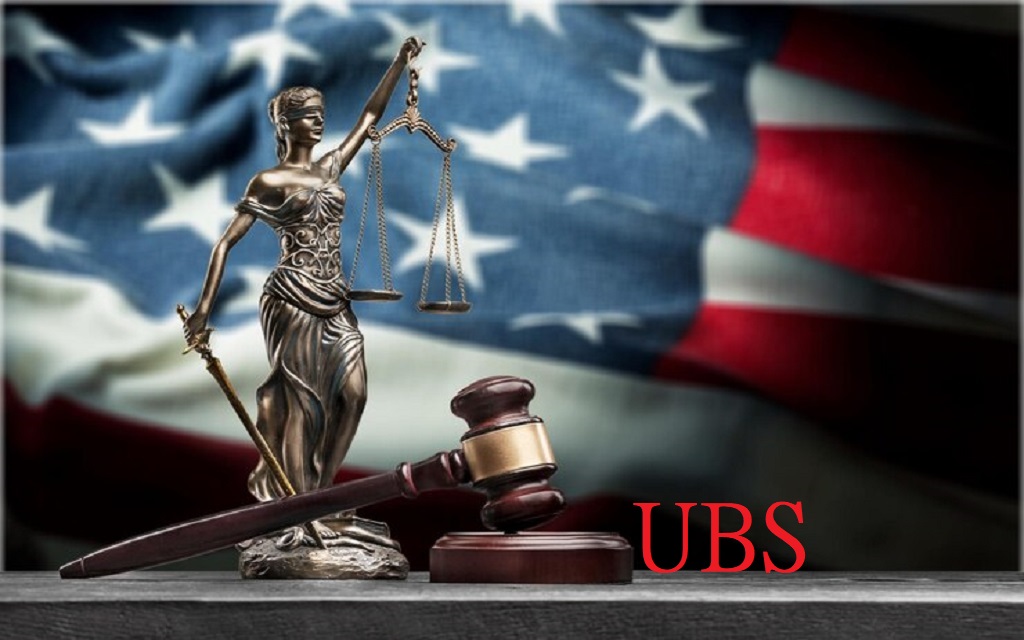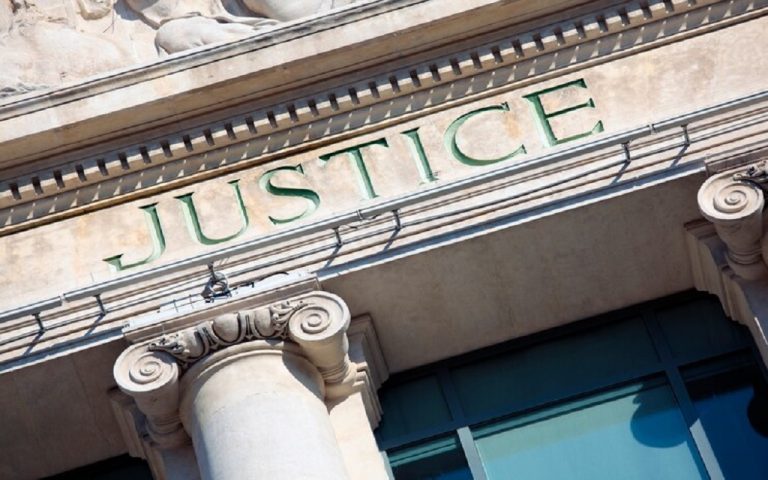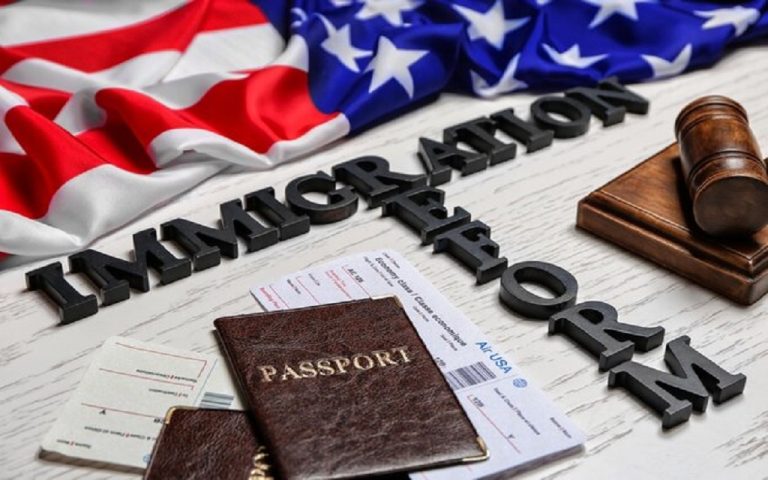Legal disputes in the banking industry often arise from past financial crises. A new lawsuit between UBS Group and Bank of America has drawn attention to indemnification agreements tied to mortgage-backed securities. UBS is seeking $200 million, claiming that Bank of America has failed to meet its financial obligations from agreements made before the 2008 financial crisis. Why does this case matter? Could it set a legal precedent for other financial institutions? A closer look reveals how Bank of America faces a new lawsuit from UBS connected to high-risk mortgages, subprime lending practices, and post-crisis financial accountability.
What Is the UBS Lawsuit Against Bank of America?
UBS has filed a $200 million lawsuit against Bank of America, claiming it failed to honor indemnification agreements tied to mortgage-backed securities from the pre-2008 financial crisis. The dispute stems from Countrywide Financial, a mortgage lender Bank of America acquired in 2008. UBS alleges that Bank of America is responsible for covering legal costs from settlements related to subprime mortgage securities.
This lawsuit raises questions about banking mergers, inherited liabilities, and post-crisis financial accountability. If UBS wins, it could set a precedent for similar claims in the financial sector.
Mortgage-Backed Securities and the Legal Dispute
The roots of this lawsuit can be traced back to Countrywide Financial, a mortgage lender acquired by Bank of America in 2008. Before the crisis, Countrywide had issued many subprime mortgage-backed securities (MBS), which were bundled and sold to institutional investors, including UBS.
UBS now argues that Bank of America should cover legal costs tied to settlements UBS reached with regulators. The lawsuit highlights a key question—who is responsible for liabilities that stem from pre-crisis financial agreements?
- UBS’s Position: It claims that Countrywide Financial had signed indemnification agreements, which Bank of America inherited after the acquisition.
- Bank of America’s Response: It has denied liability, arguing that UBS should bear the costs of its legal settlements.
- Legal Impact: If UBS wins, it could force Bank of America to pay millions in backdated legal fees, setting a precedent for future financial disputes.
Will this case open doors for more banks to seek similar claims? Legal experts suggest that indemnification agreements could be re-examined across the financial sector.
Why This Lawsuit Connects to the 2008 Financial Crisis
Understanding the lawsuit requires revisiting the 2008 financial meltdown. Mortgage-backed securities significantly triggered the crisis, as banks issued high-risk loans to borrowers with low creditworthiness.
- 2006-2007: Subprime mortgage lending reached its peak.
- 2008: The market crashed, leading to massive defaults and the collapse of major institutions.
- 2009-2015: Regulatory bodies imposed billions in fines on banks tied to these risky securities.
UBS was among the institutions affected by lawsuits and regulatory fines. The current legal action suggests that the financial crisis is not yet fully resolved, even more than a decade later.
Could this case trigger more financial lawsuits? Analysts believe that if UBS succeeds, other banks may revisit old agreements to recover costs.
Potential Financial and Legal Ramifications for Bank of America
Bank of America faces multiple risks if this case goes against them.
- Direct Financial Loss: A ruling in favor of UBS could force Bank of America to pay the full $200 million plus additional legal fees.
- Reputational Damage: Another legal defeat could hurt investor confidence, affecting stock prices.
- Regulatory Scrutiny: A high-profile loss might prompt regulators to re-examine other indemnification agreements in banking mergers.
The financial industry will be watching closely. If UBS prevails, similar cases could emerge, leading to new waves of litigation.
What does this mean for banking regulations? It raises concerns about how financial giants handle acquisitions, particularly legacy liabilities.
How Legal Precedents May Shift After This Case
Legal analysts believe this lawsuit’s outcome could reshape how banks handle post-merger liabilities.
- Indemnification Clauses: Banks may need to renegotiate agreements to avoid unexpected liabilities in future mergers.
- Litigation Risks: Institutions involved in pre-2008 securities may reassess their legal exposure.
- Investor Sentiment: Shareholders could push for stronger oversight of post-merger obligations.
Could this case change financial regulations? Legal experts predict increased transparency in banks assuming acquisition liabilities if courts favor UBS.
Implications for the Banking Industry
This lawsuit highlights the ongoing legal challenges that have arisen from the 2008 financial crisis. It emphasizes the complexities involved in mergers and acquisitions, particularly when inherited liabilities are involved. The outcome of this case could establish a precedent for the interpretation and enforcement of indemnification agreements within the financial industry.
What’s Next in This Legal Battle?
The lawsuit has just entered the courtroom, and financial insiders anticipate a prolonged legal process. As both sides present detailed contractual evidence, court proceedings could take months or even years.
- Bank of America will argue that UBS must take full responsibility for its legal settlements.
- UBS will attempt to prove that indemnification agreements should legally bind Bank of America.
Will a settlement occur before a final ruling? Some analysts suggest that out-of-court negotiations could be possible if Bank of America seeks to avoid further legal costs.
Final Thoughts
Financial disputes linked to the 2008 crisis continue to impact major banks. The UBS lawsuit against Bank of America highlights the long-term consequences of pre-crisis mortgage-backed securities and corporate indemnification obligations.
The outcome of this case could influence future financial mergers, legal risk management, and investor confidence. Industry experts will continue monitoring the proceedings, knowing that a ruling in favor of UBS could reshape banking litigation for years.Complexities




